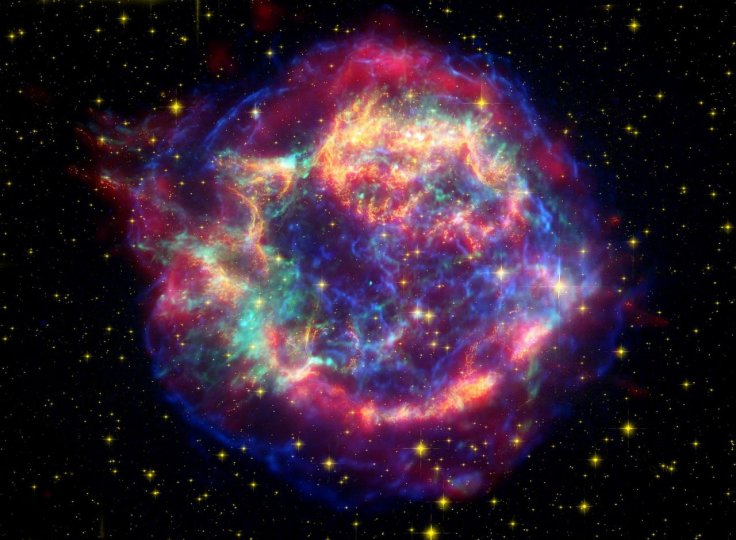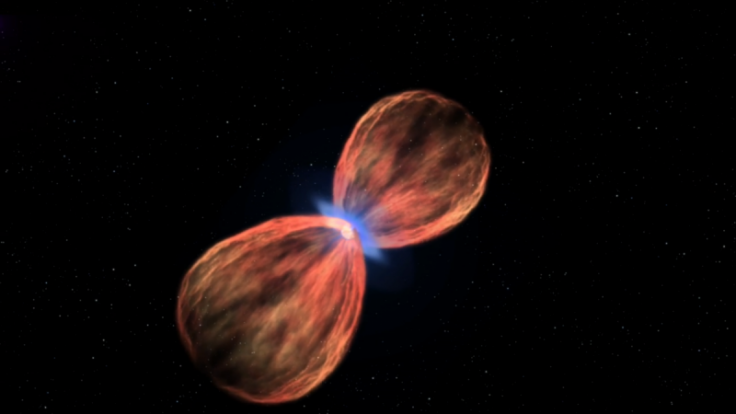According to an astrophysics expert, Earth is in danger of getting completely destroyed if a nearby star goes supernova. The expert said that the initial blast from the cosmic event would be equivalent to getting hit by 10 atomic bombs.
Recently, during a discussion at the question-and-answer site Quora, experts from different fields tackled a theoretical scenario that involves the star Sirius B dying and exploding. From Earth, this star, which is located about 8.6 light-years away, is regarded as one of the brightest in the sky.

Sirius B Star Going Supernova
During the discussion, astrophysicist Calvin Belk explained that it would be possible for Sirius B to go supernova if it is able to acquire enough mass. Once this happens, it's explosion would produce a bright flash in the sky. Due to the distance between Earth and Sirius B, it would take about 9 years for the flash to reach the planet.
According to Belk, Earth would be treated to a spectacular cosmic light show brought on by Sirius B's death. However, as the explosion and flash created by the star expand across space, Earth's skies would remain illuminated for decades.
Effect Of Supernova Blast On Earth
As the explosion continues to expand, Earth would eventually experience the initial blast from the supernova, which is expected to happen about 70 to 75 years following Sirius B's death. Belk explained, the initial blast wave riding at the forefront of the supernova would carry the same energy as 10 atomic bombs.
"Most of the energy of the supernova would be at the very front edge of the nebula and it would hit the Earth with a blast about equal to 10 Hiroshima sized bombs for every square kilometer of the Earth's surface that's facing Sirius when it hits," Belk wrote on Quora.

Extinction Event Caused By Sirius B's Supernova
According to the astrophysicist, the energy from the blast, as well as the succeeding shock waves from the supernova, would destroy Earth's atmosphere, rendering the planet vulnerable to the effects of cosmic radiation. Eventually, the blast from the supernova and other cosmic forces would wipe out all life on Earth and leave the planet uninhabitable.
"A good portion of our atmosphere would be blown away into space and the side of the Earth-facing the blast would be all but sterilized instantly," Belk explained. "The other side of the Earth wouldn't fare much better. As the shock from the blast traverses the globe at the speed of sound, it would kill just about everything on land and in the oceans."









